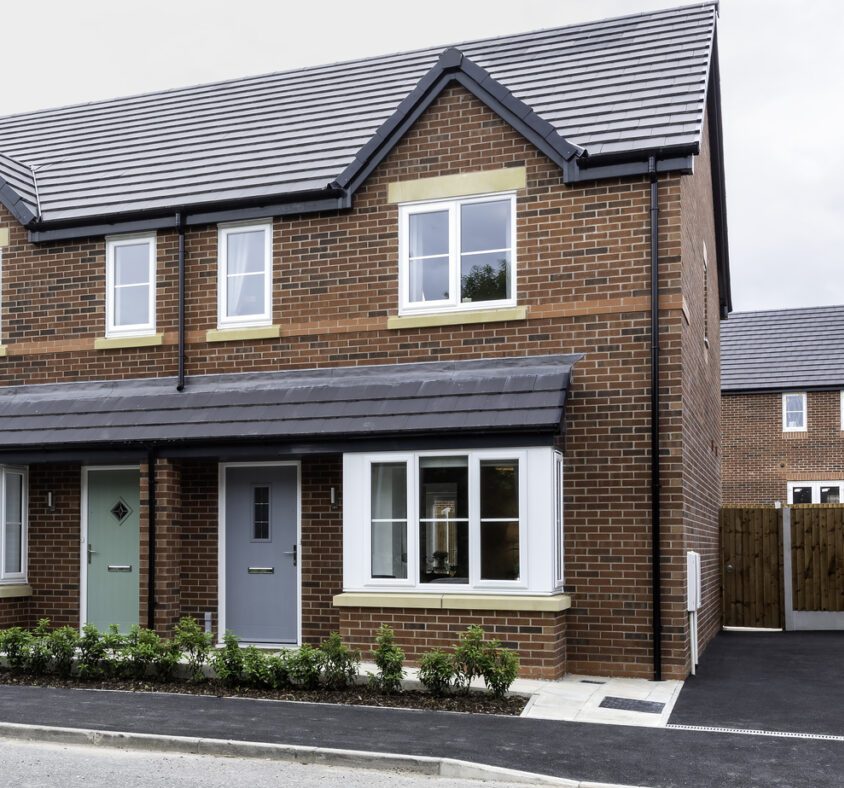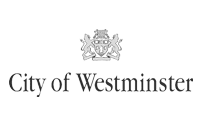In London’s intricate, ever-changing property landscape, the notion of shared ownership has crystallised as a desirable outlet for numerous first-time buyers hoping to gain a foothold on the ever-evasive property ladder. Central to this involves the shared ownership valuation, a process of paramount importance in this initiative, requiring a rigorous appraisal of a property’s value in order to execute a vibrant, overt and accountable exchange, and this article aims to give you an authoritative guide to shared ownership valuation on your London property, delving into its enigma and uncovering the pieces that matter.
The key person involved in a shared ownership valuation is the Chartered Surveyor. A Chartered Surveyor is a qualified surveyor, regulated by the RICS, (the Royal Institution of Chartered Surveyors) with the complicated job of working out how much a property is worth in the market place. There are lots of things which an RICS surveyor will look at – the condition of the property, where it is, what it looks like and the same sort of properties around it – to come to a fair value. Shared ownership valuation is required for various reasons:
Additionally, a solicitor plays a prominent role in the process. A solicitor will liaise with the surveyor, the housing association, and the mortgage lender to make sure all legal aspects of the transaction are looked into as well, making the valuation more credible.
You’ll notice that shared ownership valuation is not a static one time calculation. As the property market ebbs and flows, so too does the value of your share. Staying informed about these changes can really make a difference, especially in a market as fast and competitive as London’s.
A shared ownership valuation will provide you with a valuation report that will help you determine shared ownership value in London based on the current market value of your home. The surveyors offer different types of shares, so call us to find out how to increase your share of your property.
Unless you plan to sell your home, any work you have done or improvements you have made are not included in the RICS valuation. The RICS valuation involves an in-person inspection, but it does not include a detailed report of the property’s condition or any repairs that need to be made. The RICS valuation it doesn’t include a cost estimate for repairs—you’ll need a building survey or an RICS HomeBuyer Report for that.
Should you wish to purchase more equity in your London property or to redeem your help to buy loan, a valuation from an RICS Registered Valuer is essential. By having your valuation, you can make your negotiations around the increase in share on fair terms and arrange your finances accordingly.
From learning the real value of your home to increasing your stake in your property responsibly, here’s why you should have your London residence valued for equity:

Staircasing means buying more of the share of your property – you can buy anything from increments of 10%,15%, 20% at a time until you eventually own 100%. Owning a higher share means that you are paying less rent to the housing association, so you’ll usually see it as a benefit and a way of saving money.
Shared owners may take advantage of the staircasing opportunity to increase their share of the property. You start by getting a shared ownership valuation conducted by an accredited valuer registered by RICS. This valuation of the property for the shared ownership valuation report will calculate how much the additional share you would like to buy is worth, and is based on the current market value of the property, with similar properties that have been sold in the neighbourhood and the property’s condition being taken into account by the RICS valuer, to ensure an accurate valuation. Typically, the valuation will be valid for 3 months.
The price you pay for your plot is based on the value of your home at the time of the valuation, not when you first bought it. If the value of your property has gone up since you first bought your home – which it hopefully has – then buying that extra share will be more expensive than your original. Once you own 100% of the shares in your property after staircasing, you become the outright owner and no longer pay rent on the remaining share to the housing association. However, buying more shares might mean paying some stamp duty, depending on the total value of your property and the value of the share you’re buying.
Assessments of shared ownership valuations, however attractive in terms of other advantages, aren’t free from pitfalls. One of such issues can be observed with the differences between valuations. Since valuing the property is a complicated process that requires the opinion of the qualified surveyor, two valuations from different RICS surveyors might conflict.
This may be due to different interpretation of the local market, the influence of the property’s condition or various comparisons with other properties. It can create the confusing situation and potentially lead to a dispute. This can be especially troublesome when buyers want to negotiate the staircasing or while they are looking for the open market selling price.
Another issue concerns shared ownership’s distinctive characterisation. Given that this model is a collaboration between the resident and the housing association, conflicts over property valuation may occur. The housing association, for instance, may prefer a higher valuation to maximise its return when you sell or staircase, whereas you might be keener on a lower valuation to reduce your financial outlay.
Furthermore, shared ownership trusts might not increase in value at the same rate as those on the open market, due to resale and buyer eligibility caps, an important consideration for shared owners looking to cash in on property market growth.
In the event that you expect to buy a greater share of your shared ownership home, you will need an RICS-accredited surveyor to give a precise valuation. This lasts for 3 months. Contact us today and have a member of the London Valuation Surveyor conduct a Shared Ownership Valuation for you.





